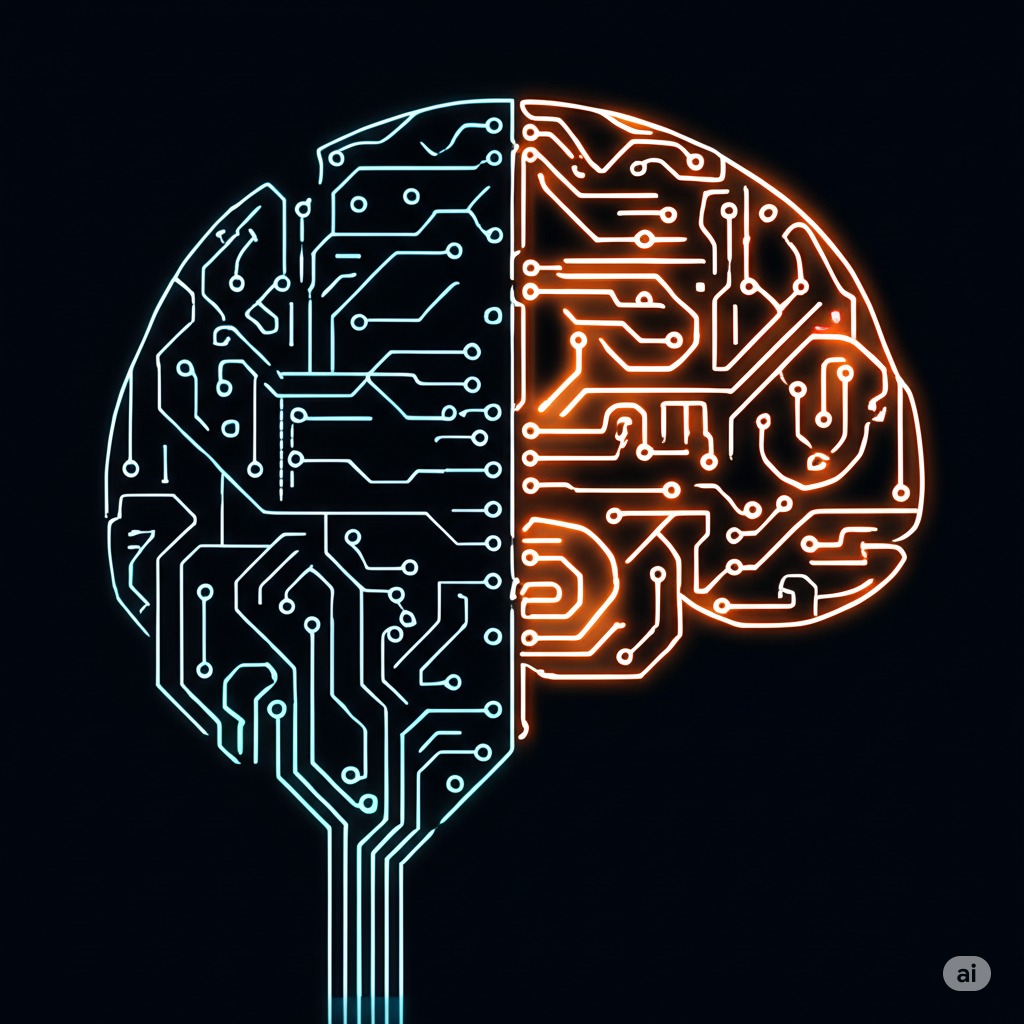The integration of artificial intelligence is rapidly redefining the healthcare landscape, shifting the paradigm from traditional diagnostics and treatment to a more predictive, personalized, and efficient model. For the next generation of physicians and healthcare leaders, fluency in AI is becoming as fundamental as understanding anatomy. This seismic shift has given rise to a critical educational imperative: the widespread implementation of AI workshops in medical education. These specialized training programs are essential for equipping future doctors with the skills to navigate and leverage the powerful tools of machine learning and data science, ensuring they are not just practitioners but also innovators in a technologically advanced medical world. This article explores the vital role and growing prevalence of AI workshops in medical education, highlighting real-world examples of how this training is shaping the future of medicine.

The rationale for embedding AI workshops in medical education is clear and compelling. As AI-driven tools receive FDA approval and become integrated into clinical workflows, physicians need to understand the principles behind them. They must be able to critically evaluate an AI’s output, understand its limitations, and communicate its role in a patient’s care plan. It is no longer sufficient for a doctor to simply use the technology; they must comprehend its underpinnings to be responsible and effective caregivers. Recognizing this, leading institutions are pioneering this educational evolution. For instance, the Stanford University School of Medicine has developed programs like the AIMI (Artificial Intelligence in Medicine and Imaging) Center, which offers seminars and training opportunities, essentially functioning as a hub for AI workshops in medical education that bridge the gap between computational science and clinical application. These workshops provide students and residents with hands-on experience, demystifying complex algorithms and grounding them in practical, clinical contexts.
The curriculum of a modern AI workshop in medical education is multifaceted, designed to build a new kind of clinical competency. These programs typically move beyond theory to offer practical, hands-on sessions. A core component often involves medical imaging analysis. Trainees learn how AI algorithms can detect subtle patterns in X-rays, CT scans, and MRIs that might be missed by the human eye. The University of California, Irvine’s School of Medicine, for example, has been a proponent of integrating this training, preparing students to work alongside AI tools for faster and more accurate diagnoses in radiology and pathology. Another key area of focus in these workshops is predictive analytics. Medical students are taught how machine learning models can analyze electronic health records (EHRs) to predict patient outcomes, identify individuals at high risk for certain diseases like sepsis, or forecast disease outbreaks in a population. Johns Hopkins University has been at the forefront, with its Malone Center for Engineering in Healthcare fostering collaborations that often result in AI workshops in medical education where engineering students and medical trainees work together to solve real-world clinical problems using data science.
Furthermore, these workshops are crucial for addressing the ethical and practical challenges of AI in medicine. A significant portion of any robust AI workshop in medical education is dedicated to discussions on algorithmic bias, data privacy, and the ‘black box’ problem, where the reasoning behind an AI’s decision isn’t always clear. For example, if an AI algorithm is trained predominantly on data from one demographic, it may perform less accurately for others, leading to health disparities. By engaging with these issues in a workshop setting, future physicians learn to be critical consumers of AI technology. They are trained to ask important questions: What data was this model trained on? What are its potential biases? How do we ensure patient confidentiality when using cloud-based AI platforms? Companies like NVIDIA, which develops powerful GPUs essential for medical AI, are increasingly partnering with academic medical centers to provide not just the hardware but also the educational framework for workshops that cover these vital ethical guardrails.
The real-world impact of formalizing AI workshops in medical education is already becoming evident. Hospitals and health systems are seeking physicians who are not only clinically adept but also “AI-literate.” Graduates from programs with strong AI training are better positioned to lead digital transformation initiatives within their institutions. They can champion the adoption of new technologies, contribute to the development of better clinical AI tools, and effectively collaborate with data scientists and engineers. For example, the American Medical Association (AMA) has recognized this need and is developing resources and policies to encourage the integration of AI training into the medical curriculum, underscoring the national importance of creating a physician workforce prepared for an AI-enabled future. The rise of companies specializing in AI-powered diagnostics, such as PathAI in pathology or Viz.ai in stroke care, further illustrates the demand. These companies often collaborate with medical schools to provide guest lectures and workshop modules, giving students direct exposure to the cutting-edge tools they will one day use.
In conclusion, the discourse around medical training is expanding to include a new, non-negotiable component: technology fluency. The proactive implementation of AI workshops in medical education is the most effective strategy for preparing physicians for the complexities of 21st-century healthcare. It is an investment in a future where medical professionals can harness the full potential of artificial intelligence to enhance patient care, streamline diagnostics, and drive groundbreaking research. For business and tech leaders, supporting and partnering on these educational initiatives is not just a business opportunity; it is a contribution to a more effective, equitable, and intelligent global health ecosystem. The institutions and students that embrace AI workshops in medical education today will undoubtedly be the leaders who define the practice of medicine tomorrow.